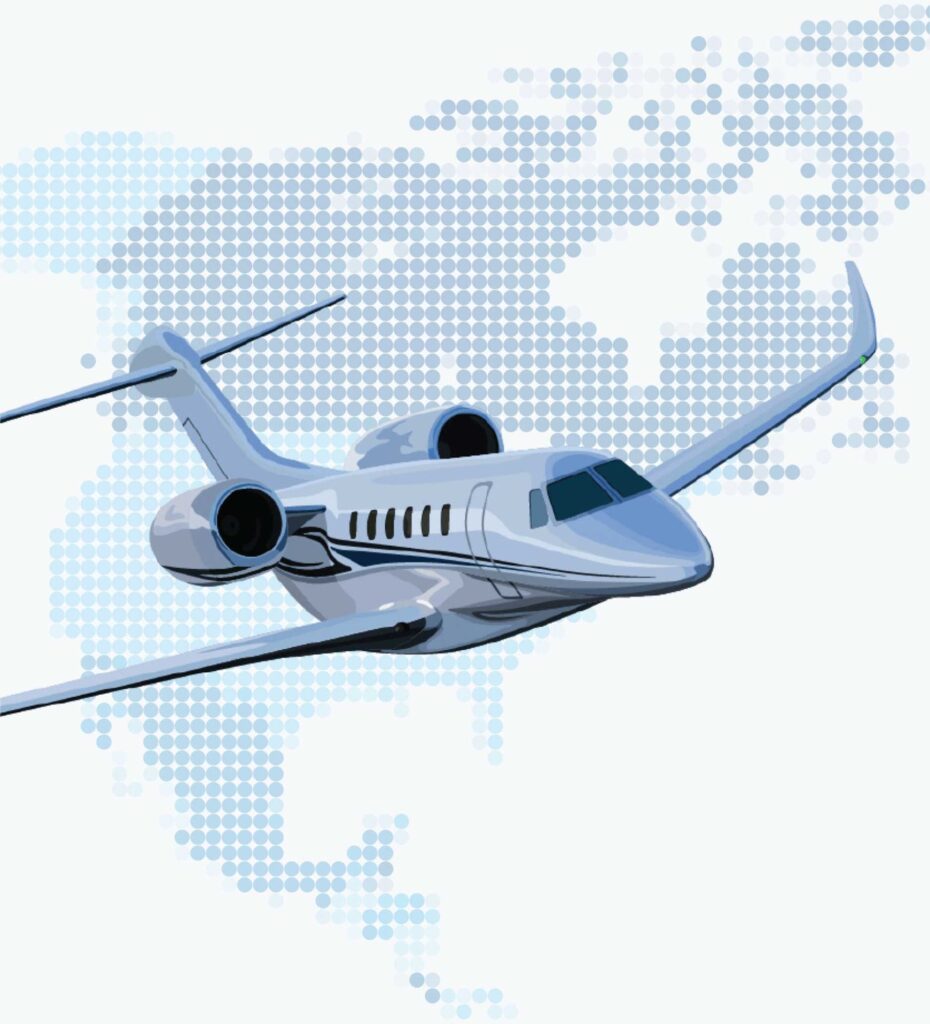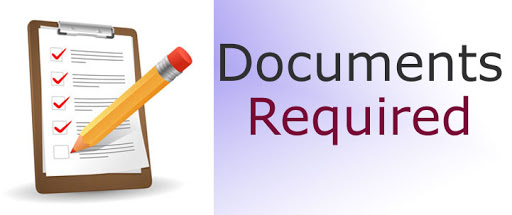- By TOP CHINA FREIGHT
- September 27, 2025
- Air Freight, Shipping
Table of Contents
Air freight rates from China to UK are a vital consideration for businesses looking to balance cost, speed, and reliability. With global supply chains under pressure, companies must understand pricing structures, delivery timelines, and customs processes to make informed decisions. This guide explores costs, factors influencing rates, and strategies to optimize your logistics.

What determines air freight rates from China to UK?
Several factors influence air freight pricing. Airlines calculate charges using either actual weight or volumetric weight, whichever is higher. Additionally, fuel surcharges, security fees, and peak season demand add to the final cost. Freight forwarders also include handling charges for documentation and customs clearance.
Another major factor is the type of cargo. Hazardous goods, oversized shipments, and high-value products require special handling, which increases costs. Moreover, routes with direct flights are often cheaper and faster, while indirect routes may reduce rates but extend transit time.
Key factors influencing cost:
| Factor | Impact on Rates |
|---|---|
| Cargo weight/volume | Higher weight or bulky goods cost more |
| Flight availability | Direct flights cost more but are faster |
| Peak season demand | Rates rise before holidays |
| Special cargo handling | Hazardous/valuable goods add surcharges |
| Fuel & security fees | Fixed airline charges |
How much does air freight cost from China to UK?

Air freight rates typically range between $4 to $8 per kilogram, depending on the service level. Express delivery may cost more than standard air freight but ensures faster delivery.
| Cargo Type | Estimated Cost per KG | Transit Time |
|---|---|---|
| Standard Cargo | $4 – $6 | 5 – 8 days |
| Express Shipments | $6 – $8 | 3 – 5 days |
| Special Cargo | $7 – $10+ | 5 – 9 days |
These figures vary depending on market demand, fuel costs, and seasonal fluctuations. For large shipments, negotiating with a freight forwarder can secure better rates.
Why choose air freight over sea or rail shipping?
Air freight offers unmatched speed compared to sea or rail freight. While shipping by sea from China to the UK may take 30–40 days, air freight delivers within a week. For time-sensitive goods such as electronics, pharmaceuticals, or fashion products, air freight ensures timely delivery.
Comparison of shipping methods:
| Method | Cost per KG | Transit Time | Best For |
|---|---|---|---|
| Air Freight | $4 – $8 | 5 – 8 days | High-value, urgent goods |
| Sea Freight | $0.5 – $2 | 30 – 40 days | Large, low-cost goods |
| Rail Freight | $2 – $4 | 18 – 22 days | Mid-value goods to Europe |
Although sea freight is cheaper, businesses often choose air freight to maintain supply chain reliability and avoid stock shortages.
What documents are required for shipping to the UK?

Shipping goods from China to the UK requires specific documents to comply with customs regulations. Missing paperwork can lead to delays and penalties.
Essential documents checklist:
| Document | Purpose |
|---|---|
| Commercial Invoice | Declares value of goods |
| Packing List | Details cargo contents |
| Airway Bill | Contract of carriage |
| Import License (if needed) | Required for restricted goods |
| Certificate of Origin | Confirms product origin |
| Customs Declaration | Filed for clearance |
Ensuring accurate documentation helps reduce delays during customs inspections.
How long does air freight take from China to UK?
Transit times vary based on the route and service level. Direct flights from major Chinese hubs like Shanghai, Shenzhen, and Guangzhou to London or Manchester typically take 5–8 days door-to-door, including customs clearance.
Estimated transit times by city:
| Origin City | Destination UK | Transit Time |
|---|---|---|
| Shanghai | London | 5 – 7 days |
| Guangzhou | Manchester | 6 – 8 days |
| Shenzhen | London | 5 – 7 days |
| Beijing | Birmingham | 6 – 8 days |
Peak season or customs delays may extend delivery times, so businesses should plan accordingly.
What are the advantages and disadvantages of air freight?
Choosing air freight provides speed and reliability, but costs remain higher compared to other modes of transport.
| Pros | Cons |
|---|---|
| Fastest shipping method | Higher cost per kilogram |
| High reliability | Limited cargo capacity |
| Suitable for perishable or high-value goods | Environmental impact |
| Global connectivity | Restrictions on hazardous cargo |
Therefore, businesses must balance cost with urgency when deciding whether to use air freight.
How to reduce air freight costs from China to UK?
Businesses can lower shipping expenses through strategic planning. Consolidating shipments reduces cost per kilogram, while booking in advance helps avoid peak season surcharges. Selecting indirect routes may save money, though it may add a day or two to delivery.
Cost-saving strategies:
- Work with a reliable freight forwarder for negotiated rates.
- Ship during off-peak periods to avoid price surges.
- Optimize packaging to reduce volumetric weight.
- Consider hybrid solutions (air + sea).
With careful planning, companies can manage logistics costs while still benefiting from fast delivery.
Case Study: Reducing logistics costs with air freight

A UK-based electronics retailer needed to restock gaming consoles from Shenzhen before the holiday season. Sea freight was too slow, and express courier services were costly. The company partnered with a freight forwarder who consolidated shipments with other UK-bound cargo.
As a result, the retailer shipped at $5.20 per kilogram instead of $7.00, saving over $12,000 in freight costs. Delivery was completed in six days, ensuring products reached stores before peak shopping demand.
This example shows how strategic planning and partnerships can lower air freight rates while maintaining supply chain efficiency.
Should businesses use a freight forwarder for UK imports?
Working with a freight forwarder simplifies logistics management. Forwarders handle booking, documentation, customs clearance, and delivery, allowing businesses to focus on sales and operations. They also have access to better pricing due to bulk negotiations with airlines.
Moreover, freight forwarders provide insurance options, track shipments, and offer warehousing services. For small and medium-sized businesses, outsourcing logistics ensures compliance and efficiency at lower cost.
Conclusion
Air freight rates from China to UK depend on multiple factors, including cargo size, route, and seasonal demand. While air shipping costs are higher than sea or rail freight, the speed and reliability make it a preferred choice for time-sensitive goods. By understanding cost drivers, preparing accurate documents, and working with experienced freight forwarders, businesses can reduce expenses and streamline operations.
Need a Shipping Quote?
If you want expert guidance and peace of mind, our team is ready to assist.
TJ China Freight offers tailored solutions to help businesses of all sizes ship more reliably from China.

FAQ
Q1:Can I ship personal items from China to the UK by air freight?
Yes, individuals can ship personal items, but customs duties and VAT may apply depending on value.
Q2:Do air freight rates fluctuate frequently?
Yes, rates change due to fuel prices, airline capacity, and seasonal demand.
Q3:Is cargo insurance required for air freight?
It is not mandatory, but highly recommended to protect against loss or damage.
Q4:What goods are restricted from air freight to the UK?
Items like explosives, flammable liquids, and certain chemicals are prohibited.
Q5:Can air freight handle temperature-sensitive cargo?
Yes, airlines provide cold-chain services for pharmaceuticals and perishables.
